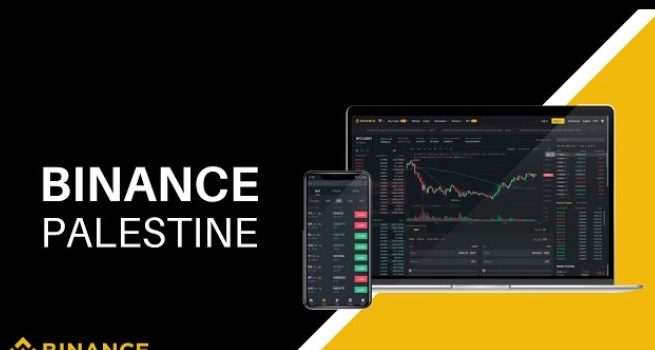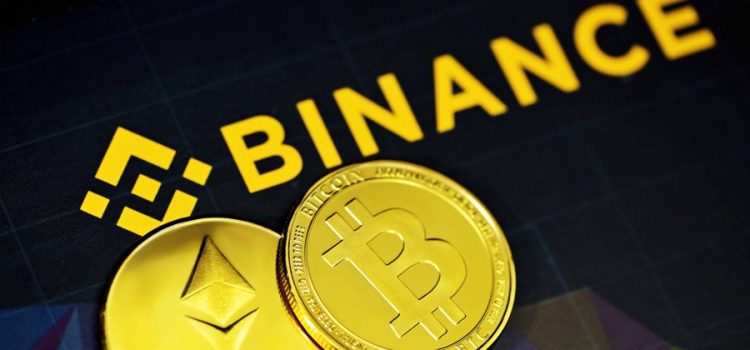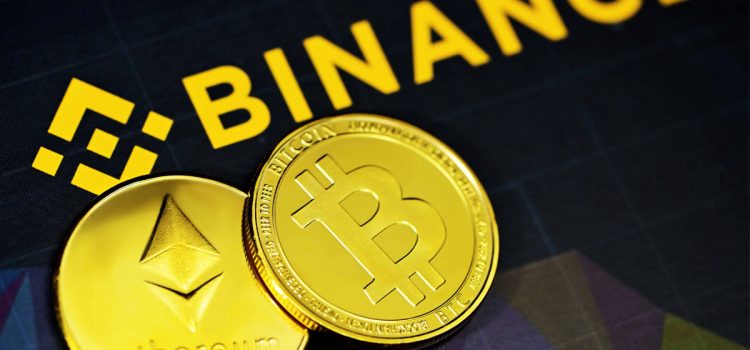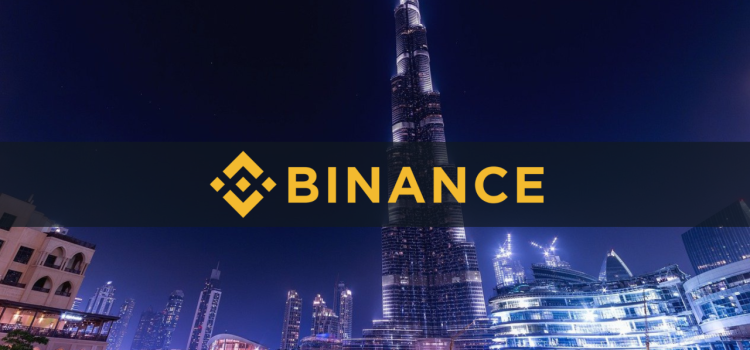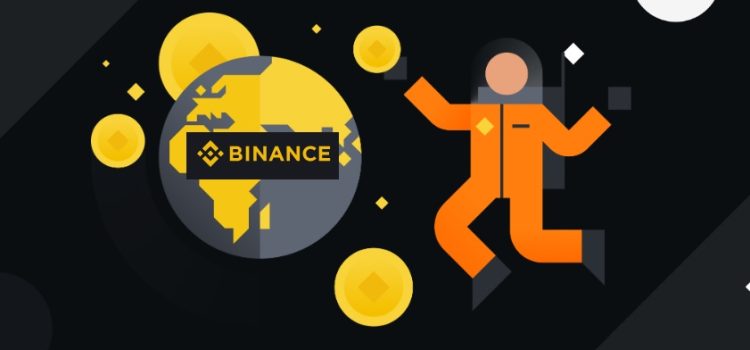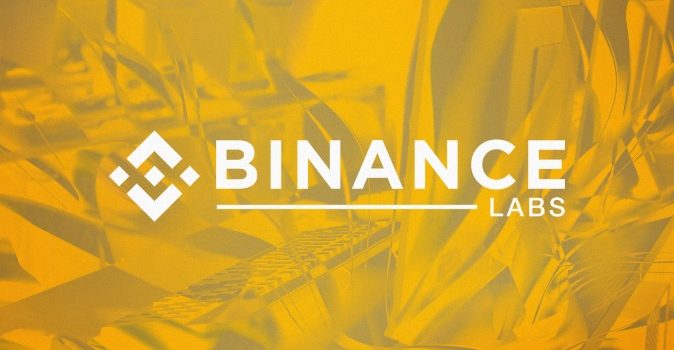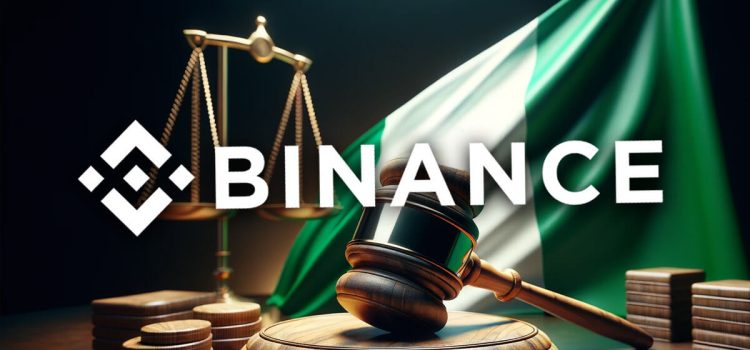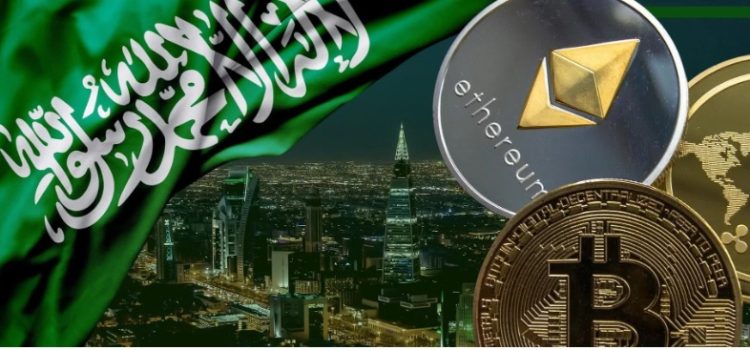Registered in UAE’s Abu Dhabi Global Markets, the new board of Directors of Binance is headed by the former Barbados ambassador to UAE Mr. Gabriel Abed.
Binance MENA Holdings, registered in ADGM has appointed Gabriel Abed, who served as ambassador of Barbados to the United Arab Emirates, as chairman. According to ADGM website Abed was appointed on March 8th 2024. Could this mean that Abu Dhabi is the headquarter of Binance?
Binance listed the Board of Directors on its website.
Gabriel Abed as Chairman of the Board (Independent Board Member), a globally recognized technology entrepreneur, seasoned board member and former diplomat specializing in the intersection of regulatory innovation and financial technologies. He has over 13 years of experience within the blockchain industry and has navigated complex financial landscapes within regulated environments across several industries and countries
In 2013, Mr. Abed was the founding CEO of Bitt, the trailblazing company that introduced one of the world’s earliest Central Bank Digital Currencies (CBDCs). In 2016, he co-founded Digital Asset Capital Management (DACM), a hedge fund that quickly became best-performing in its category. Today, he continues to be a leading authority on digital economy affairs, regulation and blockchain technologies.
In April 2018, Mr. Abed was appointed as the Special Technology Advisor to the Honourable David Burt of Bermuda. In 2020 he had a leadership role in the World Economic Forum’s Global Future Council on Cryptocurrencies’ Regulatory Framework Group. He was also a board member of the Barbados Stock Exchange and of ANSA Bank (Trinidad). Mr. Abed serves as an honorary member for the Barbados Financial Services Commission’s subcommittee for FinTech.
Mr. Abed graduated with honors from the Ontario Technology University, with a Bachelor’s Degree in Information Technology, majoring in Network Security. Due to his contributions to blockchain and regulation technology, Mr. Abed was also conferred an Honorary Doctorate in Law by the University of the West Indies.
As per Binance website, “As Chairman of Binance’s Board of Directors, Mr. Abed remains dedicated to forging multilateral relationships across governments, governance, technology and regulation.”
Xin Wang appointed as Independent Board Member. Xin Wang is a qualified lawyer in the State of California and a Solicitor of England and Wales with extensive experience in leveraged, acquisition and project financings as well as mergers and acquisitions (M&A). Ms. Wang serves as an independent board member of Binance’s Board of Directors.
Ms. Wang is the CEO of Bayview Acquisition Corp, a special purpose acquisition company listed on NASDAQ. She also serves as consulting partner at BHR Partners, a firm that focuses on strategic private equity investments in cross-border M&A deals with specific focus on high-end manufacturing and natural resource sectors. Prior to BHR, she served as Counsel with the international law firm of White & Case. Ms. Wang received her Bachelor of Commerce from McGill University and Juris Doctorate from Boston University School of Law.
Arnaud Ventura appointed as Independent Board Member. Arnaud Ventura is Managing Partner of Gojo & Company, a Tokyo Based investment holding company. He is a serial entrepreneur focusing on businesses that generate strong social impact. Mr. Ventura founded and led two of the leading financial inclusion groups worldwide, PlaNet Finance and Baobab (formally known as MicroCred Group), a microfinance holding company which he led as its founder and CEO till 2019. Mr. Ventura was also the Founder of mBank Holding, a mobile banking-based group and of the Positive Economy Forum, a series of events focusing on developing a positive economy. Mr. Ventura is Co-Founder and President of the France-China Young Leader Programme and the France Asia Foundation. Mr. Ventura is a French-American Young Leader Fellow and a WEF Young Global Leader. He is a graduate of one of the top French engineering schools.
Mr. Ventura is also an Independent Board member with: NSIA Group and MANZI Holding; Ard Financial Services, where he is also chairman of the Audit & Risk committee; and, Humo Bank, where he also chairs the Risk committee. Mr. Ventura is also the Chairman of the Board of Binance France, a registered VASP in France.
Richard Teng :is the CEO of Binance; previously serving as CEO of Binance Singapore and held roles looking after the MENA region, the European region, and ultimately all regions outside of the U.S. as the Head of Regional Markets at Binance.In this role, he led regional teams to secure strategic partnerships, foster an ecosystem of innovation, and expand the cryptocurrency ecosystem within the respective regions. Prior to joining Binance, Mr. Teng was a former regulator. He was the CEO of the Financial Services Regulatory Authority at Abu Dhabi Global Market (ADGM), where he showcased his capabilities as one of the world’s foremost innovative regulators. Mr. Teng’s vast experience also includes previous roles as the Chief Regulatory Officer of the Singapore Exchange (SGX) and Director of Corporate Finance at the Monetary Authority of Singapore (MAS). Mr. Teng received his Masters in Applied Finance (Distinction) from the University of Western Australia and a Bachelor of Accountancy (1st Class) from Nanyang Technological University.
Roger Wang: is the top product expert in Binance and a founding member of the organization. He developed the cutting-edge technology that drives Web3 innovation through the Binance platform. He is responsible for the design and implementation of the exchange platform and wallet system, ensuring its security, stability, and scalability. He has been working in the financial industry for over 10 years. Prior to joining Binance, Mr. Wang played a leading role in the development of the credit booking, analytics and marking systems in Nomura and the equity system in Morgan Stanley.
Heina Chen: is a Senior Executive and Co-Founder of Binance. With deep Web3 experience, Ms. Chen manages the clearing, settlement and treasury at Binance and is also responsible for the strategy implementation, company policies enhancement and business operation management. Ms. Chen has over 14 years of operations management and entrepreneurial experience. The breadth of her experience includes overseeing the whole back office covering Finance, HR, Admin, Clearing, and Treasury functions for the world’s largest cryptocurrency exchange. Prior to Binance, Ms. Chen was Chief Operating Officer and Co-Founder of Bijie Tech, a software development company providing exchange-as-a-service platforms to other exchanges. Ms. Chen has a Master EMBA from the National University of Singapore and Bachelor’s Degree in Finance and Accounting from Shanghai University of Finance and Economics.
Rock He: dedicated himself to the digital currency field in 2014 and joined Binance in 2017 as one of the founding team members, where he has led a number of business units including one of the most critical, Fiat, for the on-ramps and off-ramps. Mr. He has over a decade of experience in team management and more than four years of experience in Internet and media companies leading operations, branding and business.
Mr. He has more than 10 years of experience in the blockchain industry, including as an independent researcher, with strong institutional knowledge with respect to Binance’s product offerings and product development strategy. Mr. He oversees daily business operations, including the setting of key performance indicators, and ensuring teams achieve their performance targets. Mr. He focuses on plans to increase efficiency and reduce operational costs; coordination with the regional and global management team to ensure alignment; and, ensures operational processes stay compliant with local laws and regulations. Mr. He has a Master EMBA from the National University of Singapore.
The Global Advisory Board comprises of the following members:
Max Baucus, USA, Former U.S. Ambassador to the People’s Republic of China; Former U.S. Senator Montana; Former Chairman of Senate Committee on Finance
HyungRin Bang, Korea, Advisor of the Korea Presidential Committee; PR/Communications Advisor of Yoon Seuk-Yul’s 2022 Presidential Campaign; Former CEO, SoftForum Inc.; Former Executive Director, Hyundai; Former Executive Director, Samsung;
Henrique de Campos Meirelles, Brazil, Former Minister of the Economy, Former President of the Central Bank of Brazil, Former Chair of J&F’s board of directors, Former Member of the Board of Directors of Azul Brazilian Airlines, Former President, BankBoston; Former President of Global Banking, FleetBoston Financial; Former Board member, Raytheon Corporation, Bestfoods and Champion International. Former Member of the Council of Lloyd’s of London; Former Chairman of Lazard Americas.
Adalberto Palma, Mexico, Honorary Board Member of The Aspen Institute Mexico; Former Senior Advisor at the Chief of Staff Office to the President of Mexico; Director of Business Development at BEworksMX Consulting; Former President of the CNBV; Founding Chairman of The Center for Excellency in Corporate Governance; Independent Director of the Institute for Savings Protection; President of Bankers Trust Mêxico, Colombia and Venezuela; Managing Director of Citibank Mexico.
David Plouffe, USA, Business, Non-Profit and Political strategist; Author, Member of Various Boards of Directors; Former Campaign Manager Senior Advisor to President Obama in the White House
Christin Schäfer, Germany, Founder and Managing Director of acs plus; Former Group Risk Operating Officer, Erste Group Bank; Former Global Head of Quantitative Solutions, Deutsche Bank, Member of the Data Ethics Commission, German Federal Government
Lord Vaizey, UK, Member of the House of Lords; Former Minister and Member of Parliament
David Wright Europem Chair, EUROFI; Former Secretary General, IOSCO, Former European Commission; Deputy Director General Financial Markets, European Commission
Prior to this Binance offloaded its venture arm Binance Labs.










